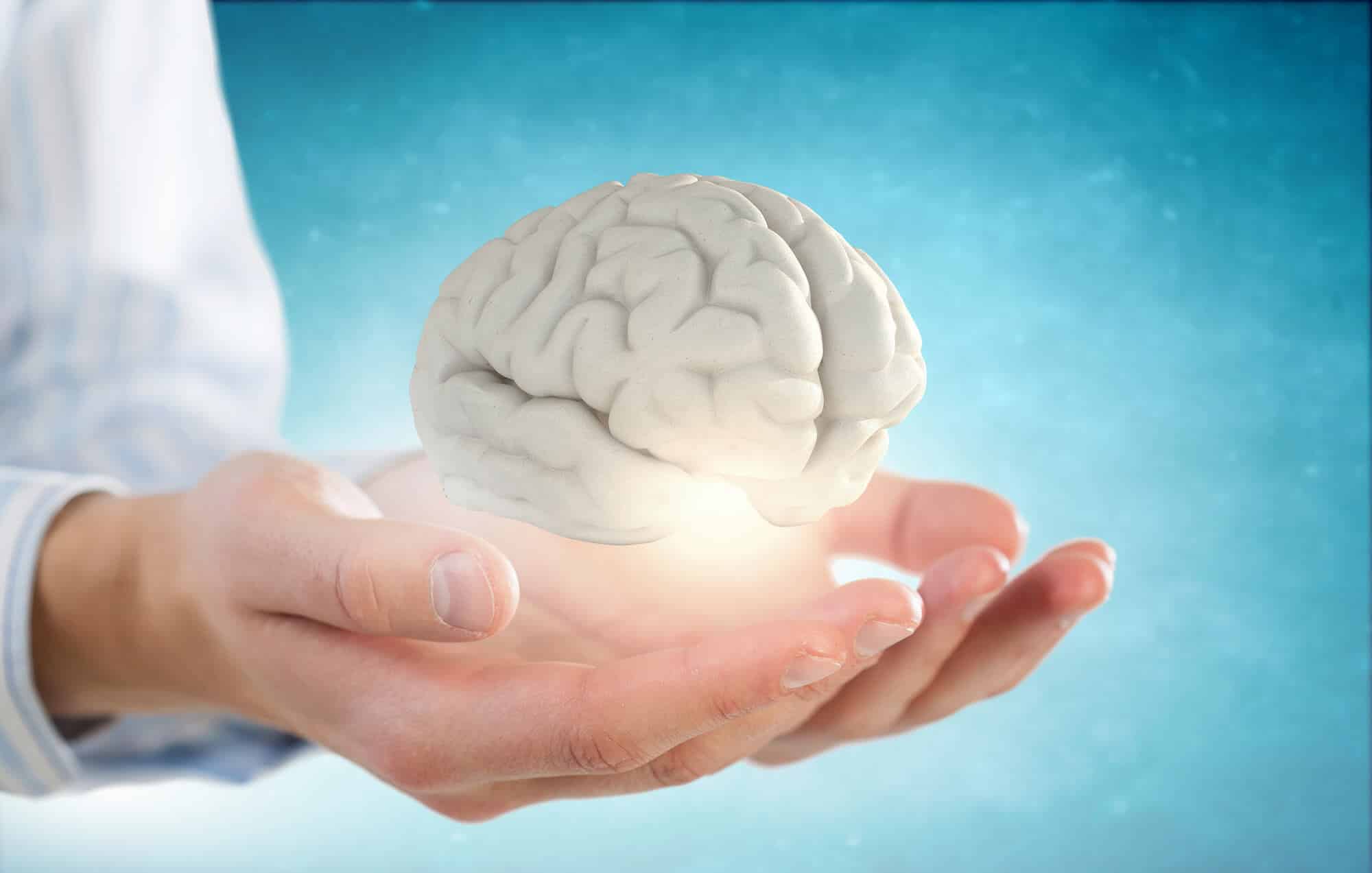Did you know that 1 in 3 adults report insufficient sleep, which can significantly impact mental health? In today’s fast-paced world, many individuals underestimate the crucial role that sleep plays in overall well-being. For those recovering from substance abuse, understanding the importance of sleep is vital for mental health and long-term recovery.
The Sleep-Mental Health Connection
Sleep and mental health are intricately linked. Insufficient sleep can lead to a variety of mental health issues, including anxiety, depression, and mood disorders. Conversely, mental health conditions can also disrupt sleep patterns, creating a cycle that can be difficult to break. Here’s how sleep affects mental health:
- Mood Regulation
Quality sleep is essential for regulating mood. Insufficient sleep can cause irritability and emotional instability. Studies show that individuals with sleep disorders are more likely to experience mood disorders, reinforcing the need for adequate rest.
- Cognitive Function
Sleep plays a critical role in cognitive processes such as memory consolidation, problem-solving, and decision-making. Poor sleep can impair these functions, making it challenging for individuals to cope with daily stressors, especially during recovery from substance abuse.
- Stress Management
Sleep helps the body manage stress more effectively. Well-rested individuals are better able to manage challenges and setbacks. Conversely, sleep deprivation can heighten stress levels, making it more difficult to cope with recovery-related challenges.
The Impact of Substance Abuse on Sleep
Substance abuse can severely disrupt sleep patterns. Alcohol, for example, may initially induce sleep but often leads to fragmented sleep and increased awakenings. Stimulants like cocaine and methamphetamine can lead to insomnia and restless nights. Understanding these effects is crucial for individuals in recovery.
- Withdrawal Symptoms
During withdrawal, individuals may experience sleep disturbances such as insomnia and nightmares. These symptoms can exacerbate anxiety and depression, making it critical to address sleep issues as part of the recovery process.
- Long-term Effects
Chronic substance abuse can lead to long-term sleep problems, including insomnia and sleep apnea. Addressing these issues through healthy sleep practices can significantly enhance the recovery journey.
Tips for Improving Sleep
Improving sleep hygiene is essential for anyone, particularly those in recovery. Here are practical tips to enhance sleep quality:
- Establish a Sleep Schedule
Encourage a regular sleep routine by going to bed and waking up at the same time each day. Consistency helps stabilize the body’s internal clock, making it easier to fall asleep and wake up feeling refreshed.
- Create a Relaxing Bedtime Routine
Develop a calming pre-sleep routine. Activities like reading, gentle stretching, or meditation can signal to the body that it’s time to relax, leading to better sleep.
- Limit Screen Time Before Bed
The blue light emitted by screens can interfere with melatonin production, a hormone that regulates sleep. Encourage individuals to turn off electronic devices at least an hour before bedtime to improve sleep quality.
- Create a Comfortable Sleep Environment
Ensure the bedroom is conducive to sleep. This involves having a comfortable mattress, a cool room temperature and reduced noise and light. Consider blackout curtains and white noise machines for an optimal sleep environment.
- Mind Diet and Exercise
Encourage healthy eating habits and regular physical activity. Avoid heavy meals, caffeine, and alcohol before bedtime, as they can interfere with sleep. Regular exercise during the day can also promote better sleep quality.
Seeking Professional Help
If sleep issues persist, it’s important to seek professional help. Mental health professionals and sleep specialists can provide tailored strategies to address sleep disturbances, particularly in the context of substance abuse recovery.
- Cognitive Behavioral Therapy for Insomnia (CBT-I)
CBT-I is an effective treatment for insomnia that focuses on changing sleep habits and behaviors. It can be particularly beneficial for individuals in recovery, helping them establish healthier sleep patterns.
- Medication Management
In some instances, medication may be prescribed to address sleep disturbances. This should always be done under the guidance of a healthcare provider to ensure safety and effectiveness.
Sleep for Mental Health Conclusion
The importance of sleep for mental health cannot be overstated, especially for individuals recovering from substance abuse. Quality sleep is vital for mood regulation, cognitive function, and stress management. By prioritizing sleep hygiene and seeking professional help when needed, individuals can enhance their mental health and support their recovery journey.
Sleep for Mental Health FAQ
Why is sleep important emotionally?
Sleep is crucial for emotional well-being as it helps regulate mood, manage stress, and enhance cognitive function. Lack of sleep can lead to increased irritability, anxiety, and depression, while adequate rest supports emotional resilience and better decision-making. Quality sleep also aids in processing emotions and memories, contributing to overall mental health.
What happens due to lack of sleep?
Lack of sleep can lead to various negative effects, including impaired cognitive function, reduced concentration, and poor memory. It can also increase irritability, anxiety, and mood swings, as well as weaken the immune system, making individuals more susceptible to illness. Chronic sleep deprivation can contribute to serious health issues, such as obesity, diabetes, and cardiovascular disease. Additionally, it can affect daily performance and increase the risk of accidents.
At what point does lack of sleep affect you?
Lack of sleep begins to affect you after just one night of insufficient rest, leading to decreased cognitive function, impaired judgment, and increased irritability. Chronic sleep deprivation, defined as consistently getting less than the recommended 7-9 hours per night, can result in more severe consequences, including long-term health issues, heightened stress levels, and significant impacts on mental and emotional well-being.







